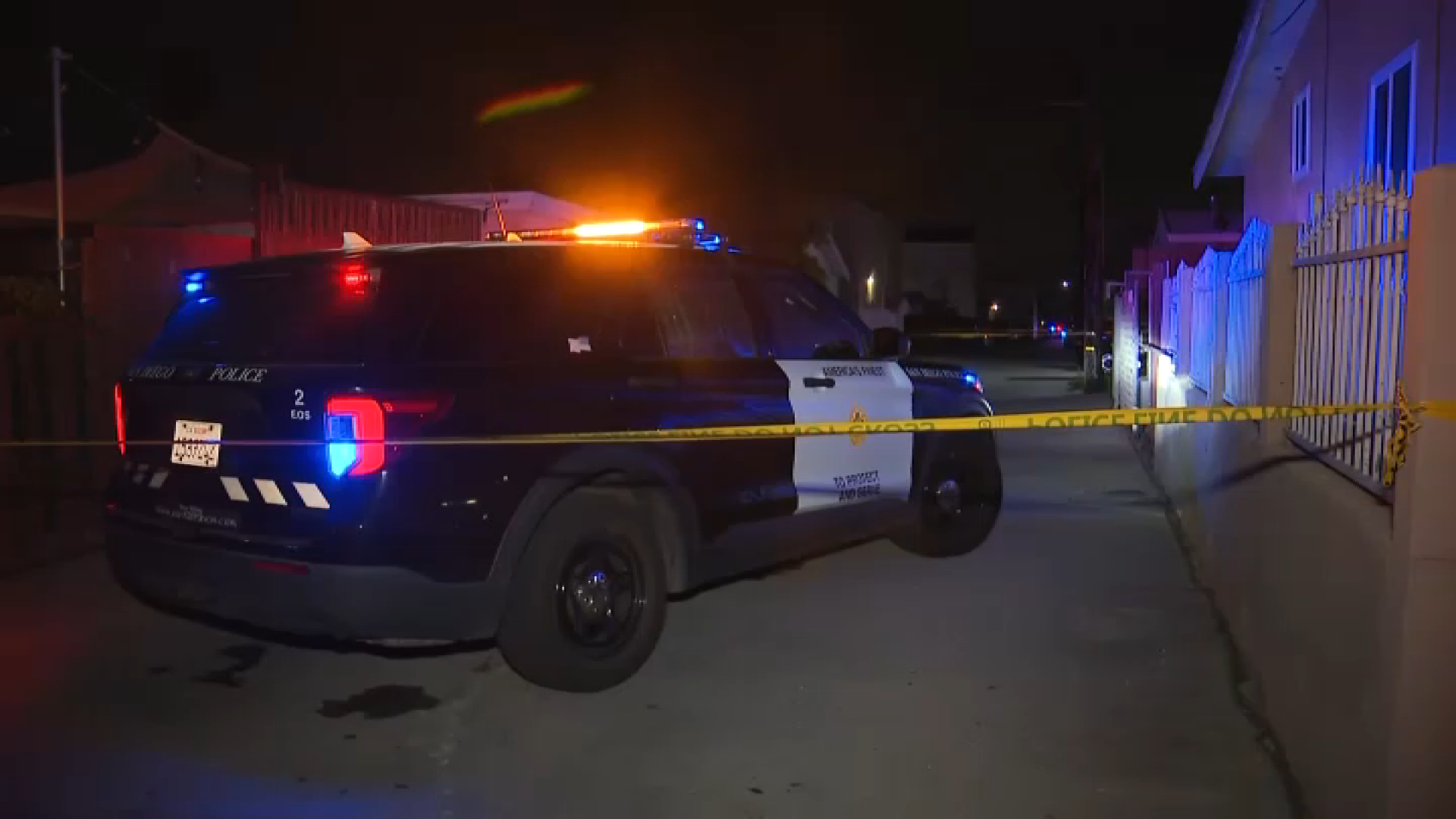San Diego County's District Attorney said Friday she will fight the release of surveillance video showing the fatal shooting of a mentally ill man in the Midway District.
San Diego Police Officer Neal Browder shot Fridoon Nehad in an alley, in April. SDPD officials say Browder, a 27-year veteran of the SDPD, failed to turn on his body camera issued by the department.
KECO, a nearby business, had a surveillance camera that recorded the shooting. An employee who viewed the video described it as "shocking." The police department refuses to release that video.
In response, five local media outlets this week asked a federal judge to make the video public.
But DA Bonnie Dumanis, whose office is reviewing the shooting, said a release of that video could lead to a "rush to judgment" against the police officer and compromise the DA's investigation. Dumanis gave her statement to the San Diego Union Tribune in response to a story the paper published Friday about media efforts to release the video.
See her complete statement below:
An editorial (“Video of shooting must be released,” Aug. 20) calling for the release of a video of a fatal police shooting in the Midway District is understandable. Anytime an officer fires his or her weapon, the public has a right to know if any laws were broken.
Local
Law enforcement in San Diego County works to be as transparent as possible, especially at a time when police officers are under more scrutiny than ever.
The problem is that releasing video during an ongoing investigation that is just one piece of evidence, without important context, can create an incomplete and often incorrect narrative. This video is one part of the story, yes, but it’s not the whole story.
The district attorney’s review of this shooting is ongoing. In any case reviewed by our office, should criminal charges eventually be filed, the release of the video could lead to a rush to judgment, taint a potential jury pool and ultimately jeopardize a defendant’s due process rights.
The media is calling for the video to be released so it can be evaluated by the public. Using that logic, why not release all of the evidence related to this incident and let the public decide if any laws were broken, instead of having a potential trial?
Because that’s not how we do it in this country.
People are entitled to a fair trial and the right to be considered innocent until proven guilty in a court of law – not the court of public opinion. We don’t try our cases in the media and we don’t take a public poll to decide whether to file charges. We base our decisions on facts, evidence and the law.
Are there some cops out there who make bad choices? Yes.
Should those who break the law be held accountable? Of course.
This is not a case of law enforcement circling the wagons. It’s an example of upholding ethical and legal duties to pursue truth, justice and protection of the innocent through the professional prosecution of those who violate the law.
The law is clear when it comes to what should be released to the public.
The California Public Records Act recognizes the need to protect records compiled during an investigation, including video evidence, to protect the integrity of the investigative process.
There is also an ethical duty not to release this kind of evidence.
Under California State Bar ethics rules, if the video was released by law enforcement or the DA’s office and the officer was ultimately charged with a crime, we could be accused of prosecutorial misconduct because of improper pretrial publicity.
Jurisdictions bowing to public or media pressure to release video evidence set a dangerous precedent.
There’s no doubt that a proliferation of video evidence – whether it be from body-worn cameras, personal cell phones, municipal closed circuit, or private surveillance – continues to increase as technology advances.
However, the media and the public need to understand that while technology may have changed, the United States Constitution has not.
Bonnie Dumanis
San Diego County District Attorney
The family of Fridoon Rawshan Nehad has filed a $20 million claim. After that claim was rejected, Nehad's parents filed a lawsuit in federal court. According to the City of San Diego's response to a legal complaint, Nehad was holding a pen that the officer mistook for a knife before firing his weapon.



